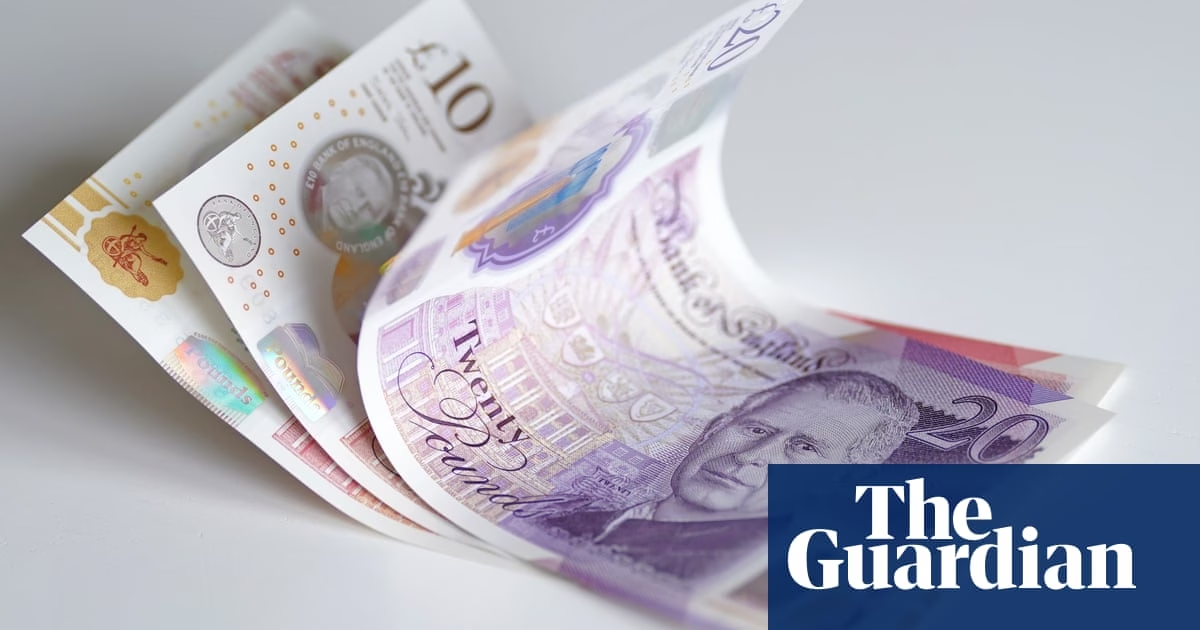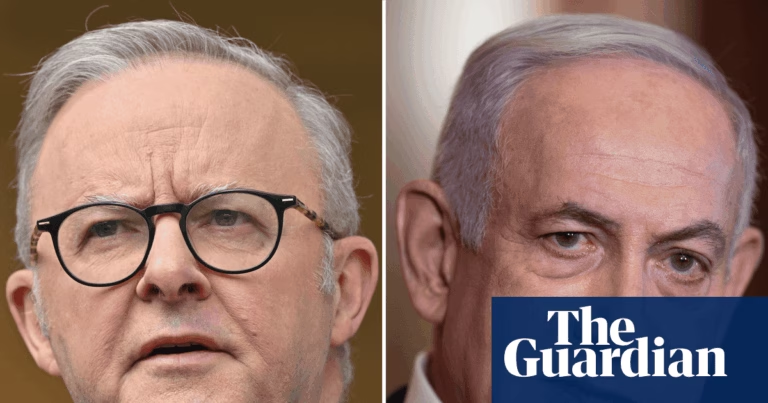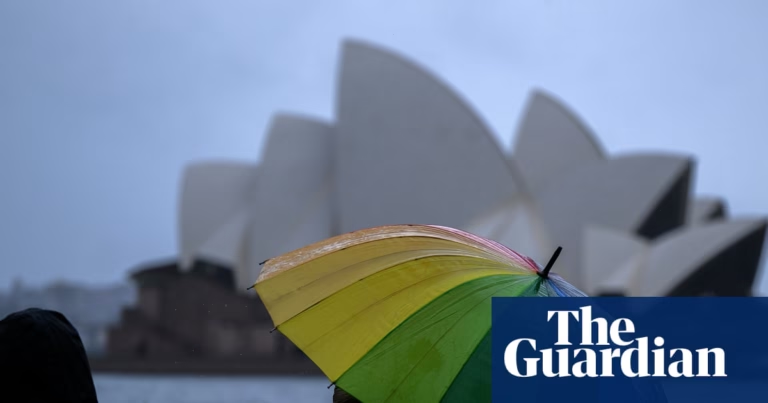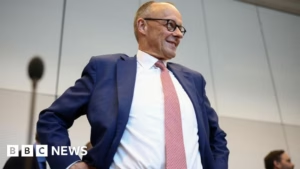Consumer confidence in the UK has plummeted to the lowest point since the peak of the cost of living crisis, as concerns about the impact of US tariffs and the ongoing conflict in Ukraine continue to weigh heavily on public sentiment. According to a recent survey by consumer group Which?, nearly two-thirds of the population expects the economy to worsen over the next year, with only a meager 11% anticipating any improvement.
The Which? consumer confidence index decreased by seven points to -53, marking the lowest level since December 2022. This decline coincides with the highly challenging period when the inflation rate soared above 10%, far exceeding the Bank of England’s target of 2%. The survey reveals that nearly 70% of respondents feel pessimistic about the economy due to global events such as the war in Ukraine and former US President Donald Trump’s policies regarding tariffs and trade.
A significant proportion of participants pointed to changes in pricing (63%) and government tax alterations (60%) as additional reasons for their skepticism. These concerns reflect insights from GfK, whose consumer insights director, Neil Bellamy, noted that consumers are grappling with a multitude of April cost increases, including higher utility bills, council taxes, stamp duty, and road tax, alongside warnings of potential inflation linked to Trump’s tariffs.
The report also highlights a decline in confidence regarding future household finances by 10 points to -19, since July 2023, and a drop in confidence regarding current household finances by six points to +21. Despite these financial pressures, the number of households missing critical payments, such as rent, mortgages, utility bills, and credit card or loan payments, remained steady at 1.9 million in the month up to 11th April, affecting an estimated 5.6% to 7.7% of households.
The proportion of tenants missing rent payments has increased to 4.7% as they continue to face challenges in managing the rising cost of living. In response, Rocio Concha, director of policy and advocacy at Which?, emphasized the importance of consumer protections in boosting spending confidence, urging the government to prioritize consumer interests in its plans to stimulate economic growth and restore public trust.
Furthermore, it is reported that around 13 million households, or nearly half of the total, made at least one essential adjustment to their spending in the last month, including cutting back on essentials, using savings, selling possessions, or taking on debt. This figure represents a slight decline from the 51% observed in March. Concha championed for stronger consumer protections, encouraging action against online fraud and misleading business practices to bolster economic recovery and confidence.
Source: https://www.theguardian.com/business/2025/may/06/uk-consumer-confidence-which-economy-trump-tariffs-ukraine-war









